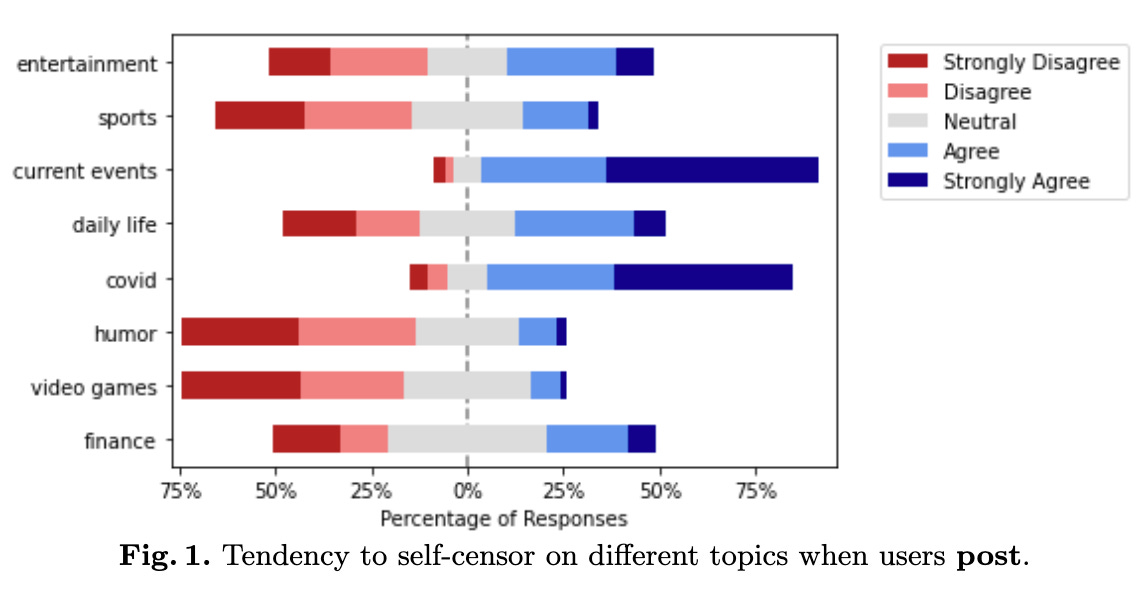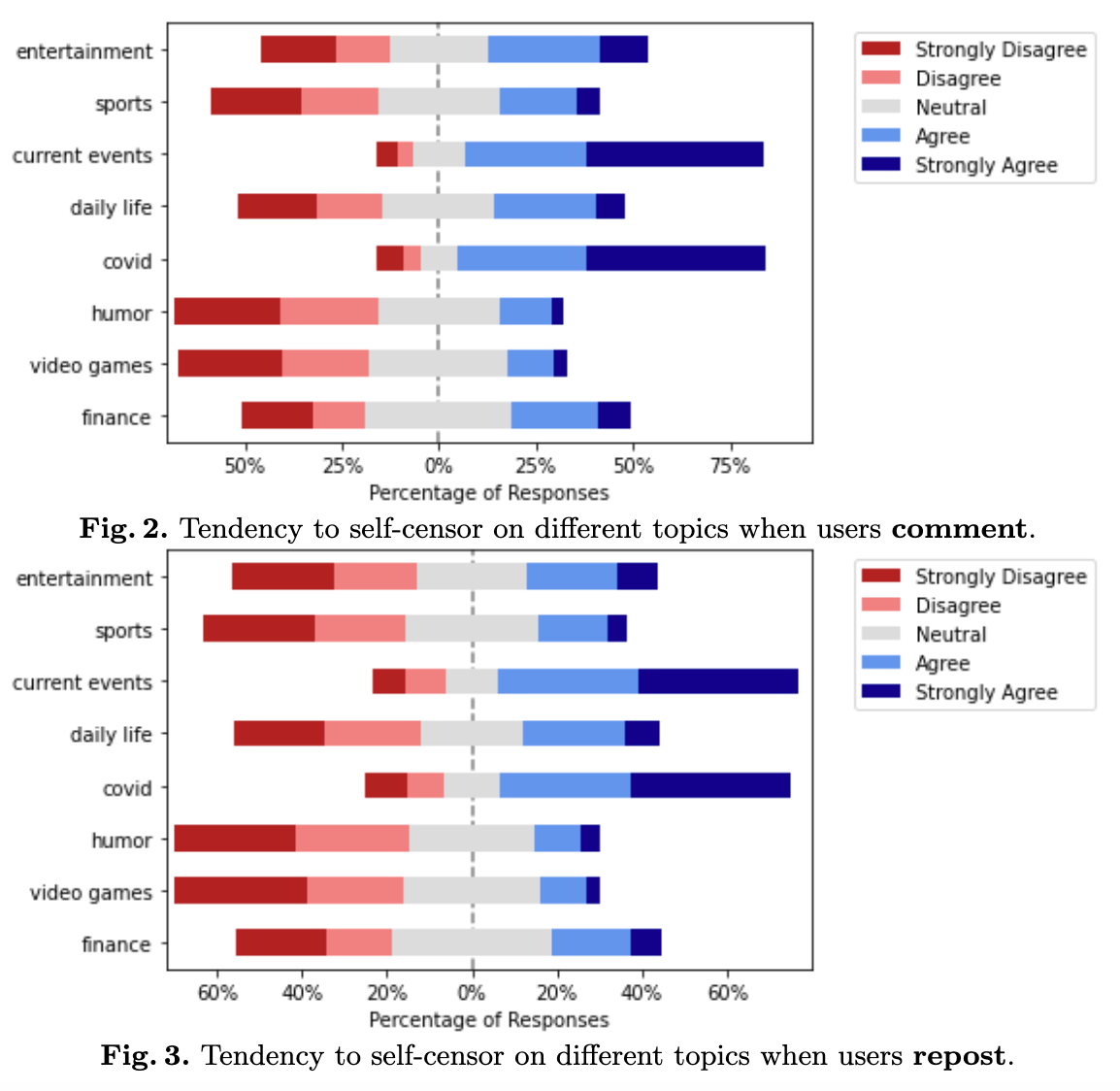Does self-censorship lower ambition?
What holds us back from using our voice may be the very same thing that holds back society.
On August 2007, I published a list of blogs written by women on Conversation Agent. Inspired by German psychologists Jana Ehrhardt and Eve Ehrhardt and their book, I titled it ‘Top 20 PR Women go Everywhere.’
Catchy book title aside (Good Girls Go to Heaven, Bad Girls Go Everywhere), the psychologists described a simple concept—how some women tend to feel the need to believe that someone else should take care of them.
There are historical and cultural reasons why they singled out women. And the authors delve into both. I thought ten years out from publication was enough time to have processed the differences.
My post was tongue-in-cheek; it quickly became a lighting rod for grievances.
The controversy wasn’t on Twitter (I signed up on October 2007.) But blogs where powerful in those days. My post went viral. Right after the congratulatory (self- / other) comments and shares, other kinds of comments poured in.
Negative remarks were mostly from the ‘keepers of women lists.’
On Value in Culture is a reader-supported guide to framing in narrative, language, books, value & culture. Both free and paid subscriptions are available. If you want to support my work, the best way is by paid subscription.
Things I wrote online had attracted bullies before. But the ‘women lists’ incident stands out because women objected to something I wrote to help readers discover the work of my peers. How dare I be the arbiter of taste! (on my own site)
It felt like the twilight zone. Only more terrifying because it showed me the famous Shakespeare verse, ‘Hell hath no fury like a woman scorned.’ Though I did wonder briefly where the scorn was.
“Well behaved women rarely make history”
Laurel Tatcher Urlich1
The point is not the negative comments, I knew not to feed the fire trying to defend the article. What I found strange is that for each public comment there were people who reached out to me privately. Some with stories similar to mine.
Many private messages were from people who didn’t see anything controversial with the article, yet didn’t want to say anything publicly. To note that I did not need defending, nonetheless I was taken back by the number of people who self-censored.

Self-censorship is a term we used to describe the voluntary repression of information in the media. The act may be voluntary, but the why behind it may be in response to pressure or fear.
When journalists choose not to report something—perhaps being silent on a piece of new policy—the public loses either an important set of facts, or the possibility of common debate. We can’t talk about what we don’t know, can we?
(There’s an opposite problem to self-censoring, and that’s the claim to objectivity by being critical of everyone. Journalists should try “to inform readers about the issues and the facts as much as possible.”2 Instead, they end up amplifying lies.)
Editorial choices may also be done to avoid the ire of advertisers or readers and protect sources of income. From the height of McCarthyism—the 1950s—to 2019, the cases of self-censorship tripled.3
Self-censorship is on the rise.
The most chilling effects is the polarization among the mass public. But as the study cited above found, the driver of self-censorship for you and me is not so much the fear of government intervention. Instead, it could be worrying that expressing unpopular views will isolate and alienate us from our friends, family, and neighbors.


Perhaps you’ve kept your mouth shut to avoid troubles at work or with your family. We live in a culture of duality—zeros and ones in technology, bad and good on viral lists, this side and that side in politics, and so on. Yet, reality is a spectrum.
To be sure, softening the blow, being diplomatic, taking time out to calm down, or finding ways to be compassionate are not at issue. Those are all good tactics to use if you want to be respectful—towards others as for our own self-respect.
There’s a silent majority in most discussions, not just online.
One hypothesis is that most people don’t care about the topic— ‘live and let live,’ or a version of ‘I have more pressing issues to worry about.’ Another hypothesis is that we care, but don’t feel safe enough to speak up. I’ll return to the concept of ‘safe’ later.
There’s a reason why mythology and literature are filled with stories where redemption goes through confession (and I’m not talking about the religious rite.) It’s stressful and isolating not to be unable to share your views honestly.
We need others and being open furthers relationships of trust. We also need to be able to look at ourselves in the mirror. But by far the biggest drawback of our withdrawal from discussions and conversation is the shriveling of our voice.
It’s not healthy to live only in one’s head
The less we express ourselves, the less we learn what we’re capable of. Ambition is not a personality trait—something we’re born with—we learn to dream big and train to make it happen. Much of the work involves interaction.
I couldn’t help but notice the trends that accelerated during the pandemic—quiet quitting, or doing the minimum to keep one’s job with little enthusiasm. Which then seemed to find a mirror in quiet firing, a passive-aggressive workplace tactic to encourage people to leave.
Has ‘tit-for-tat’ replaced the value of ‘back-and-forth’ in culture?
We stay quiet to avoid dissent, to be discreet, but also because we’re incapable of speaking or we could be obedient. And no part of society has been encouraged to be quiet more than women.
In our case, what we experience is ‘all in our heads,’ or so they say. (Two books coming out this spring address the issue. Dr. Elizabeth Comen explores the truth and lies about women’s bodies, and science writer Misty Pratt the effects of gender bias on our minds. See the references section.)
There’s even a handy mark to help squash down talkative children in school—that assigned to behavior. Mine was the lowest, apparently I asked too many questions, especially of the ‘why’ kind (to which I often got the ‘because I say so.’)
The silent treatment is not going to help anyone grow, or make friends. Respectful disagreement is how we push ourselves outside our comfort zone. It’s how we make best friends, and learn to accept we can look at an issue from many facets.
Appropriate comments enrich, don’t detract from the conversation. Conflict avoidance and selective blindness—on the other hand—lead organizations and individuals astray.
“We may think that being blind makes us safer, when in fact it leaves us crippled, vulnerable, and powerless. But when confront facts and fears, we achieve real power and unleash our capacity for change.”
Margaret Heffernan
Collaborators and peers who are not echo chambers of each other make greater progress when they think together. The ambitious find people who are very different from themselves, and—this is a big one—are prepared to change their mind.
To think together is to change lives
Some of you might remember, ‘how talk can change our lives’ was the first banner at Conversation Agent. The only way I know of to think with someone else is by talking it out loud.
My mentor was fantastic in this regard. He’d never say what should happen. Instead, he would put a question out, we’d discuss its merits and associated thoughts, then he’d say, ‘see what you can do.’ And that freed me to search for options.
Most organizations cannot think together, they cannot use talent’s collective brain power, the power of conversation, and the act of working together to experiment and test different points of view.

I rehearse my columns during walks with my husband, who’s a fabulous thinking partner. We travel and talk about what we experience—I’m the source for culture and style, he’s terrific with history and languages. Together, we learn and expand our horizons.
Growing up, we were three sisters. I’ve been the closest to the one with whom I can talk more freely at various stages of our lives. It saddens me to admit that I could have been more present in my late sister’s life had she made it possible to have a dialogue from different points of view. She’d hardened on positions, and we tip-toed around issues in the last few years.
But I remember fondly our camaraderie growing up. When we could exchange takes on stuff that mattered to us. When our tempers didn’t flare, and we could channel emotion by taking care for each other’s perspective.
Ironically, we’re awash in comments online that are not real talk, that don’t open the door to an exchange. So many are reactions, groundless opinions cast out of spite. They create an environment of fear, where nobody learns to form and defend a thesis.
Open networks and open information are wonderful to have, however we need to make judicious use of them. Open conversations don’t label the person, there’s no need when we focus on the issue(s). That’s how we change lives.
Another irony is that the best arguments are not the loudest, but the well-reasoned. When the goal is to figure out the best or most viable solution, the tone follows logic, rather than temper.
Loud and forceful has its only goal to prevaricate, to intimidate, to silence. The more the reasonable people stay silent, the more space unreasonable voices take over, the fewer examples we have of constructive dialogue.
Unfortunately, social media (by examples) has lured us to post incessantly (to get attention.) It’s impossible for anyone to pay attention to everything that happens online. An quality of thought takes time.
Social media has also had an impact on culture, furthering the narrative that ‘if you’re not getting hundreds of likes and comments, you’re not doing it right.’ Which is bullocks—and only leads to conformity, sameness, and insecurity.
For impressionable minds, a lack of likes and/or negative comments can feel like lack of approval, internalized failure—a form of rejection. They might try harder, but in directions that put them and their well-being at risk. There are too many cases among teens to cite. They try harder because it’s important for them to ‘fit in.’
Social rejection is the kind of rejection that lowers ambition.
It’s the worst kind of rejection—whether that be by peers, a potential employer, a loved one, a community. It’s the type of rejection that erodes your confidence— eventually leads to lower ambition, and may be a cause of self-censorship.
I wonder what lower ambition does on a societal scale.
As for self-censorship, we’re already seeing how the loudest voices are taking over. We’ve just had news of Alexi Anatolevic Navalny’s death—the whole world watching, and no one to help.
Things that don’t scale
If you’re wondering why I write complex, nuanced articles with more than a few literary references, it’s due to my attempt to appeal to the better angels of our nature. I do what doesn’t scale, because I believe in the power of reason and emotion, together.
I answer comments and emails (except for the solicitations, they’re too many), I follow links when I read articles, I notice when writers make progress, I reach out to compliment individuals. I believe in the importance of personal connection.
But I know we’re living in a system that favors scale. And we’d need a change in culture in many domains to nurture and support ambition, rather than discourage it. We’d need industries like media and publishing and practices like HR/recruiting to change.
Them, because they’re the biggest gatekeepers of potential. Because what holds us back from using our voice may be the very same thing that holds back society.
However, whatever we do, we don’t need more gatekeepers and accountants, we need more artists.
References:
Ehrhardt, Jana and Ehrhardt, Eve, Good Girls Go to Heaven, Bad Girls Go Everywhere (St Martins Pr, 1997)
Comen, Elizabeth, MD, All in Her Head: The Truth and Lies Early Medicine Taught Us About Women's Bodies and Why It Matters Today (Harper Wave, February 2024)
Pratt, Misty, All In Her Head: How Gender Bias Harms Women’s Mental Health (Greystone Books, May 2024)
Heffernan, Margaret, Willful Blindness: Why we Ignore the Obvious at Our Peril (Walker Books, 2011)
Brodski, Katherine, No Apologies: How to Find and Free Your Voice in the Age of Outrage — Lessons for the Silenced Majority (Pitchstone Publishing, 2024)
Ulrich is a Pulitzer Prize-winning American historian who specializes in early America and the history of women, and a professor at Harvard University.
A short quote from a useful interview by Jay Rosen, Prof. of Journalism at NYU, and Mark Jacob, former editor at the Chicago Tribune and the Sun-Times. See also:
“The idea that we had to be fair to Republicans-vs.-Democrats instead of being fair to the public and the facts was a great gift to professional political liars. They were able to insert fake issues into the mainstream news agenda. And they saw their falsehoods repeated by ‘objective’ journalists, conferring a sense of legitimacy. Old-fashioned journalism has been no match for right-wing propaganda. It’s been a slaughter.”
‘Keeping Your Mouth Shut: Spiraling Self-Censorship in the United States,’ James L. Gibson, Joseph L. Sutherland, Political Studies Quarterly (2023)






Valeria, this is wonderful. A couple of questions it raised for me are:
The concept of "scale". Is there a possibility of reframing "scale" into going deeper rather than wider? You're writing truly does that.
This, also, reminded me of Dunbar's Law and the limitations of our personal bandwidth in relationships. Can we scale in ways that maintain and honor our unique individual voice and the voice of the whole.
Lastly, it reminded me of Rilke's last stanza in
"Be ahead of all parting"
"To all that is used-up, and to all the muffled and dumb
creatures in the world's full reserve, the unsayable sums,
joyfully add yourself, and cancel the count."